
Understanding Gypsum Retarder
Gypsum is a versatile material widely used in construction for products like plaster, drywall, and decorative moldings. To enhance its usability, additives such as gypsum retarder play a critical role by extending the setting time of gypsum-based products. This article explores the chemical properties of gypsum retarder, its applications, and its growing demand in the industry.
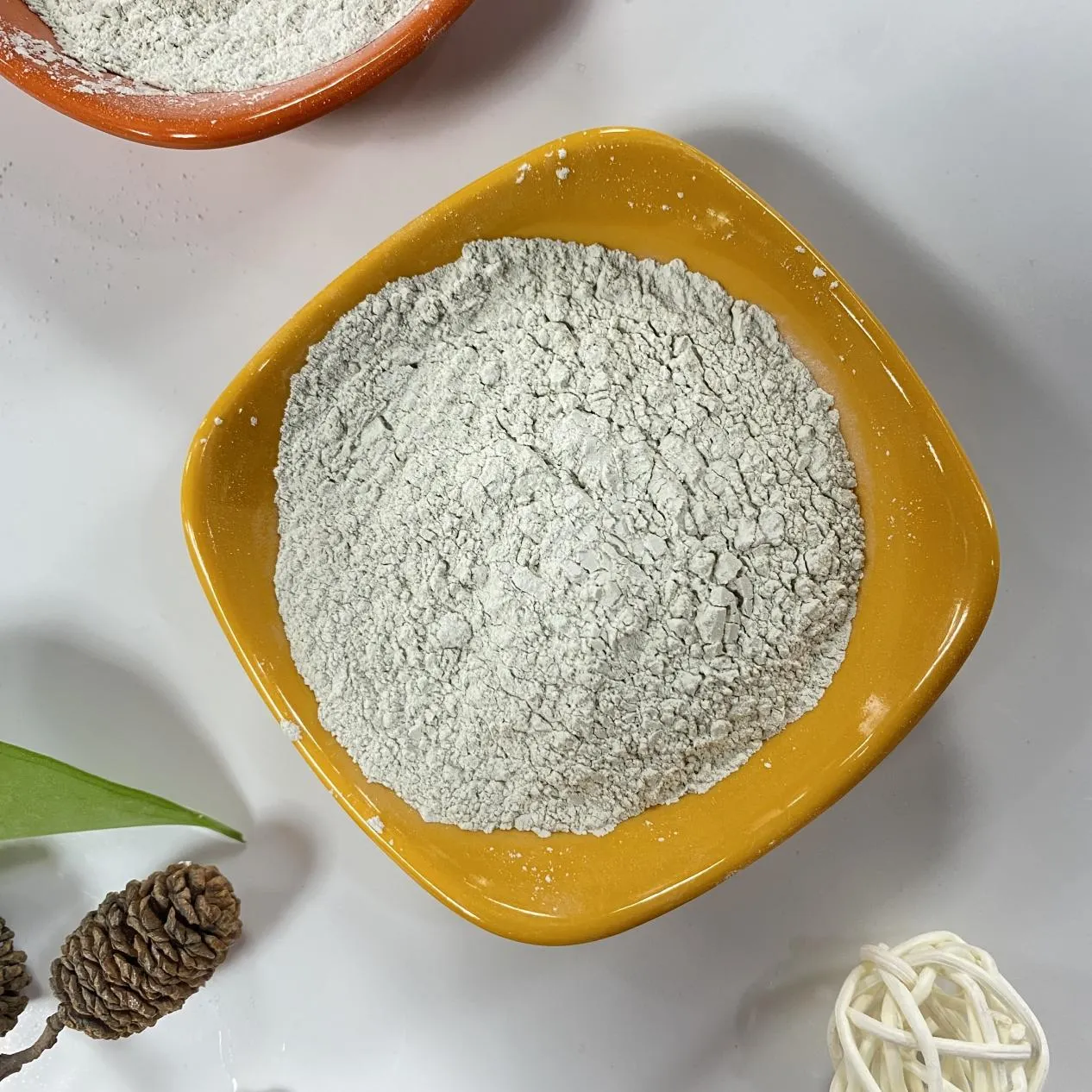
What is Gypsum Retarder?
A gypsum retarder is a chemical additive designed to slow down the hydration process of gypsum, providing more time for handling, mixing, and application. It works by interacting with calcium sulfate hemihydrate (CaSO₄·½H₂O) in gypsum to delay its reaction with water, extending the time it takes to set and harden.
These retarders are available in various forms, including organic and inorganic compounds. Popular choices include natural materials like citric acid and synthetic chemicals tailored for specific applications.
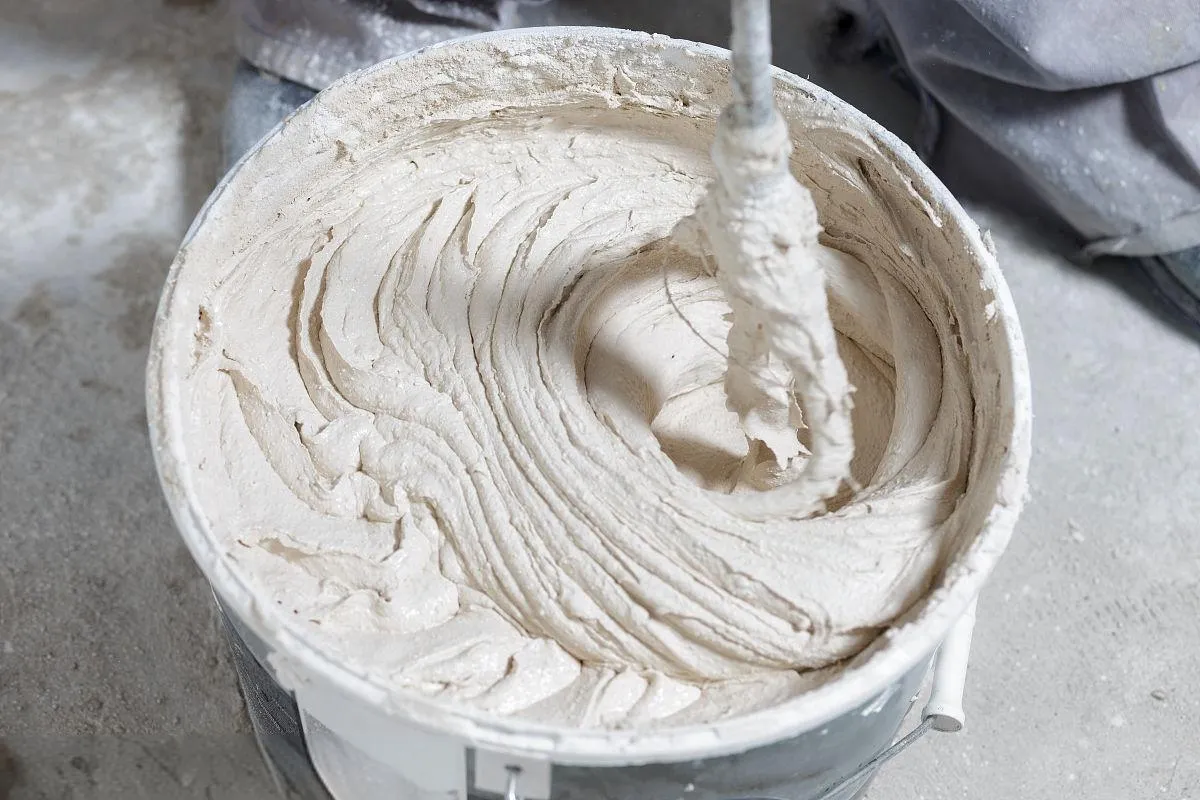
Key Properties of Gypsum Retarder
Adjustable Setting Time
- Allows users to customize the setting time of gypsum products to suit project requirements.
Ease of Use
- Compatible with a wide range of gypsum products and can be easily incorporated into production processes.
Consistency
- Ensures uniform setting across batches, reducing defects in the final product.
Non-Toxic Options
- Many gypsum retarders are eco-friendly and safe for residential and commercial applications.
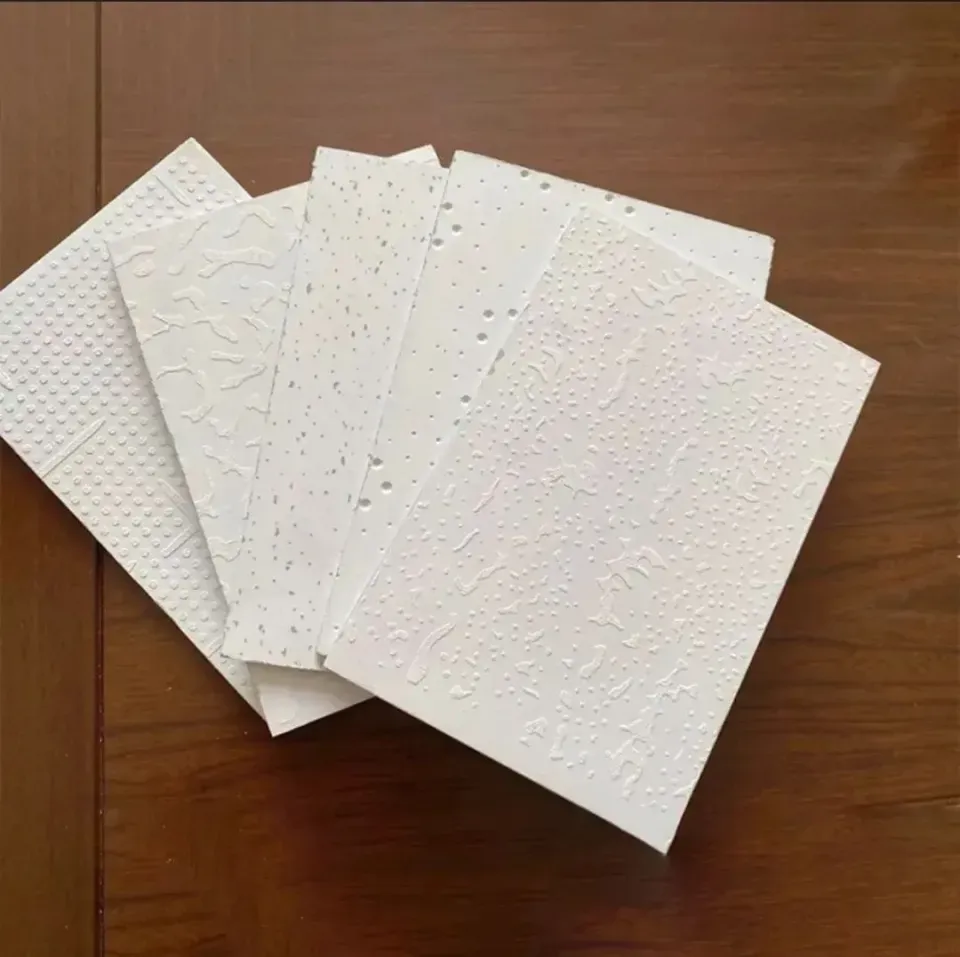
Applications of Gypsum Retarder
Construction Materials
- Used in plaster and stucco production to ensure sufficient working time for application.
- Ideal for producing decorative gypsum moldings where intricate detailing requires extended workability.
Drywall Manufacturing
- Gypsum retarder chemicalsare used to control the setting time during the production of gypsum boards, ensuring quality and precision.
Industrial Castings
- Widely applied in creating molds for ceramics, architecture, and other industrial needs.
Dental and Orthopedic Applications
- Used in medical-grade gypsum for making dental molds and orthopedic casts, where precision is crucial.
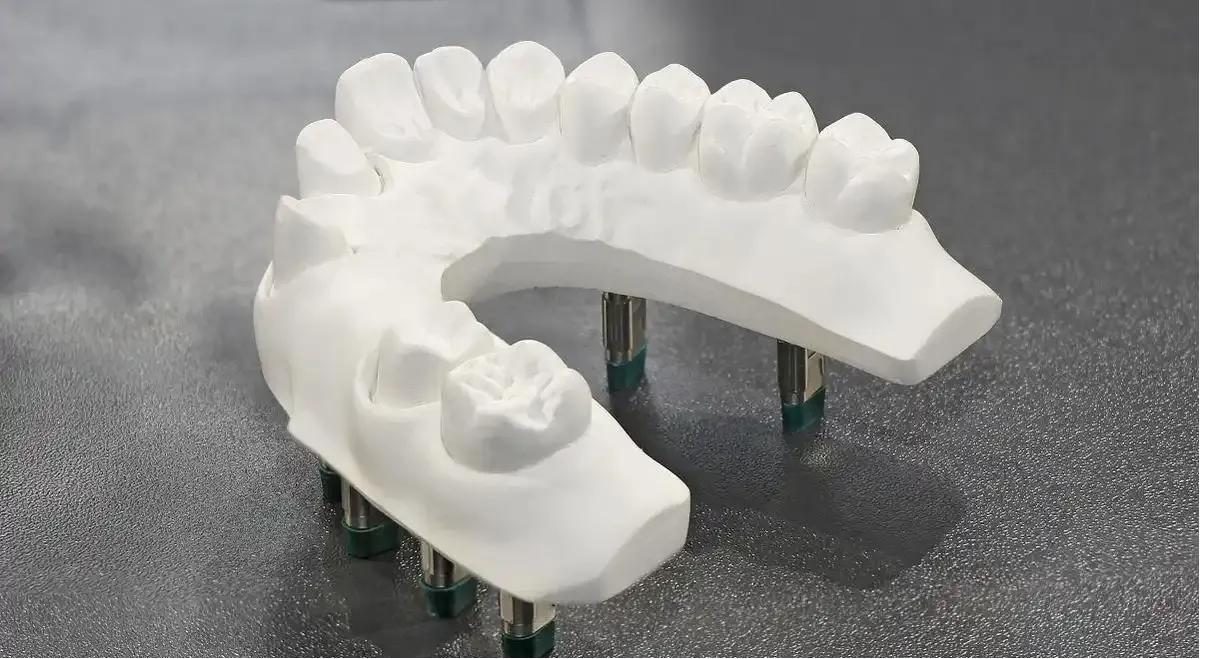
Types of Gypsum Retarder Chemicals
Organic Retarders
- Derived from natural compounds such as citric acid and tartaric acid.
- Environmentally friendly and commonly used in sustainable construction.
Inorganic Retarders
- Include chemicals like borates and phosphates.
- Often preferred for industrial and large-scale manufacturing applications.
Synthetic Retarders
- Engineered additives that offer precise control over setting time.
- Highly efficient in high-performance applications.
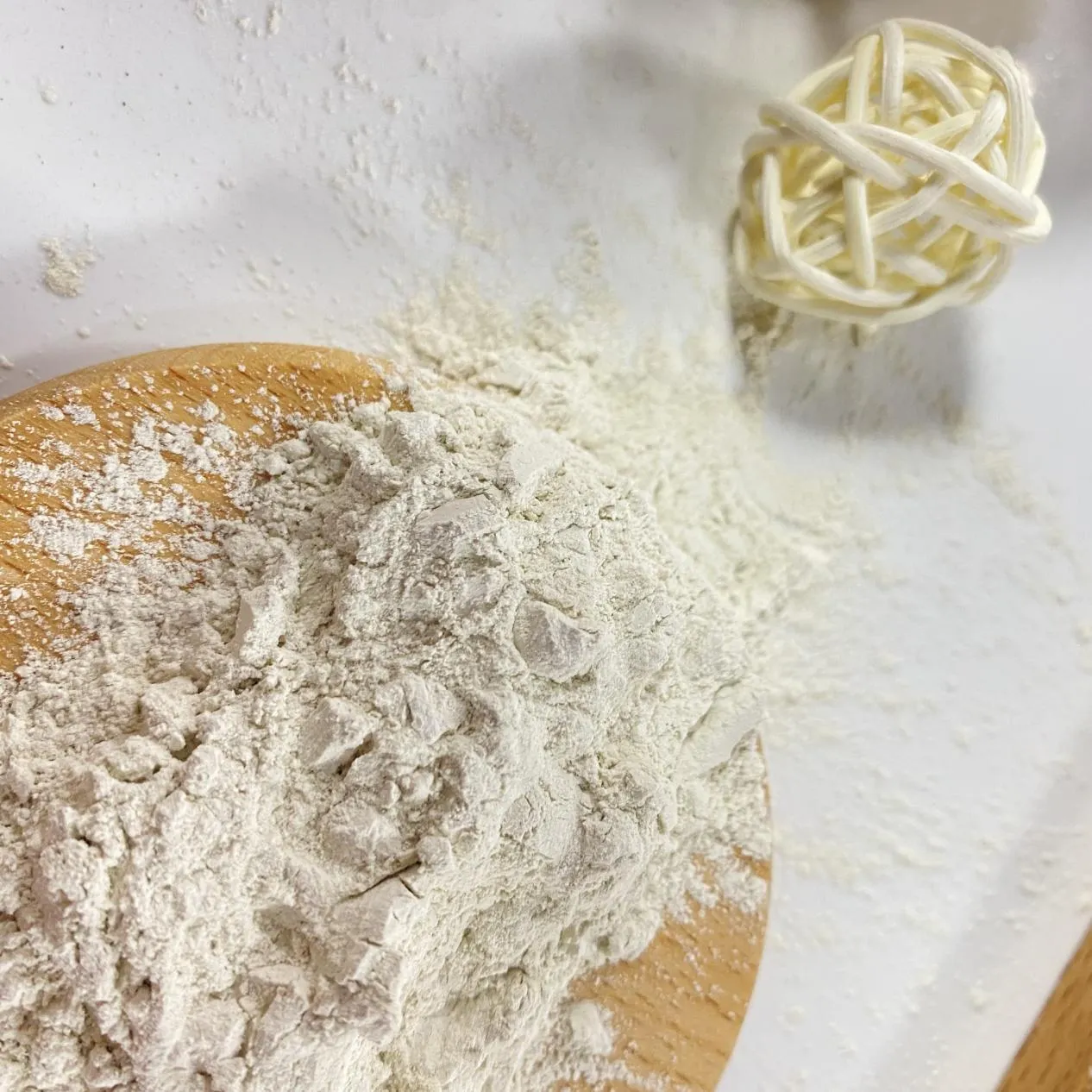
Benefits of Using Gypsum Retarder
-
Enhanced Workability:Provides sufficient time for spreading, shaping, and finishing gypsum products.
-
Reduced Waste:Minimizes the risk of premature hardening, leading to lower material wastage.
-
Improved Product Quality:Ensures uniformity and durability in the final output.
- Cost-Effective:Optimizes labor and resources by allowing flexible handling times.
Market Demand and Insights
The demand for gypsum retarders is growing in tandem with advancements in construction technology. Green building initiatives and the push for sustainable construction materials are driving the adoption of natural and eco-friendly retarders.
Key factors influencing the market include:
-
Increasing use of gypsum in prefabricated building systems.
-
Rising demand for decorative gypsum products in residential and commercial spaces.
-
Advancements in chemical formulations offering more efficient and safer retarders.
Leading manufacturers are investing in research and development to create innovative gypsum retarder chemicals tailored to specific industries.
نقش gypsum retarders in modern construction and manufacturing cannot be overstated. Whether you're working with drywall, plaster, or decorative gypsum moldings, retarders ensure optimal performance and flexibility. By selecting the right retarder for your needs, you can enhance workability, reduce waste, and achieve superior results. From gypsum retarder chemicals to diverse gypsum retarder applications, these additives are indispensable in the evolving construction landscape.
-
Understanding Cellulose Types and Their Diverse ApplicationsاخبارJul.16,2025
-
Hydroxypropyl Methylcellulose: The Multifunctional Additive Transforming Modern ConstructionاخبارJul.16,2025
-
Redispersible Polymer Powder and Latex Powder: Revolutionizing Durability and Sustainability in Modern ConstructionاخبارJul.16,2025
-
Polyvinyl Alcohol and Polypropylene Fibers: Versatile Solutions for Construction and IndustryاخبارJul.16,2025
-
Hydroxypropyl Methylcellulose (HPMC): A Versatile Polymer for Pharmaceutical and Industrial ApplicationsاخبارJul.16,2025
-
Hydroxymethyl Cellulose and Methylcellulose Tablets: Transforming Modern Construction PracticesاخبارJul.16,2025





















